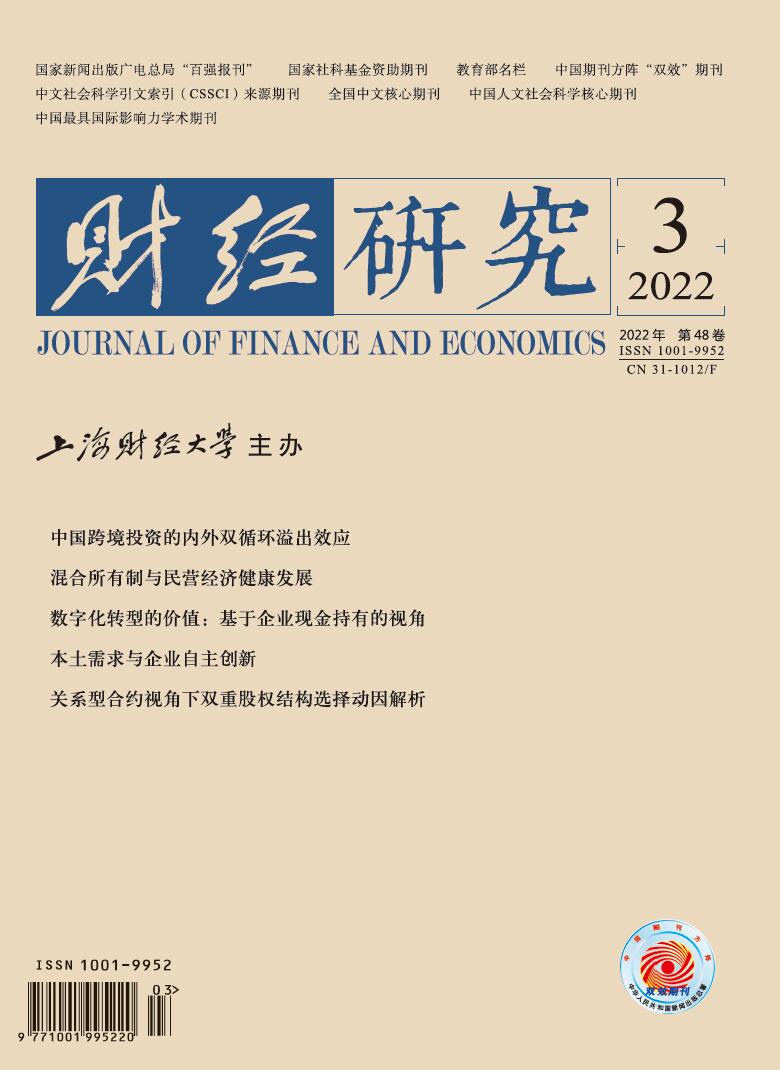As the gap with leading-edge countries continues to narrow, some developed countries have continuously escalated technological blockades and restrictions on Chinese enterprise products (especially high-end products). By studying the relationship between income inequality and China’s demand for innovative products and the crowding-out effect of imported products, and analyzing the impact of income inequality on the innovation capability of local enterprises, it is helpful for the government to formulate reasonable income redistribution policies and cultivate a healthy domestic demand structure in accordance with the domestic income distribution situation under the current international trade environment of anti-globalization and rising protectionism.
By measuring the Theil index and the generalized entropy index of income inequality in various provinces and the whole country, combined with the micro-level Chinese industrial enterprise database and the relevant data of industrial enterprises above designated size in various provinces, this paper examines the impact of income inequality on the market demand for innovative products and the independent innovation capability of local enterprises under open conditions. At the same time, the adjusted income inequality index is simulated and regressed based on policies such as poverty alleviation and reasonable adjustment of excessively high income.
The results show that: (1) The relatively low marginal propensity of high-income groups to consume not only negatively affects the independent innovation capability of local enterprises through the demand for general commodities, but also significantly inhibits the improvement of the independent innovation capability of local enterprises through the demand for innovative products. (2) Income inequality not only inhibits the independent innovation capability of local enterprises through the relatively low marginal consumption propensity of high-income groups, but also negatively affects the independent innovation capability of local enterprises through the consumption preference of imported products. (3) Policies such as poverty alleviation and reasonable regulation of high income effectively reduce the negative impact of income inequality on the innovative product demand of local enterprises, and reasonable regulation of high income further controls the crowding-out effect brought by imported products and promotes the innovation capability of local enterprises.
Reasonable income distribution can increase the market demand for the innovative products of local enterprises and further promote the innovation capability of enterprises. The government should focus on domestic demand to promote the market demand for innovative products and the willingness of enterprises to innovate. For example, reasonable adjustment of high income and “poverty alleviation” are a reliable path to realize the benign interaction between the domestic demand market and the independent innovative products of local enterprises, which will help to realize the “domestic economic cycle” and high-quality economic development from the perspective of demand.





 5932
5932  6093
6093

